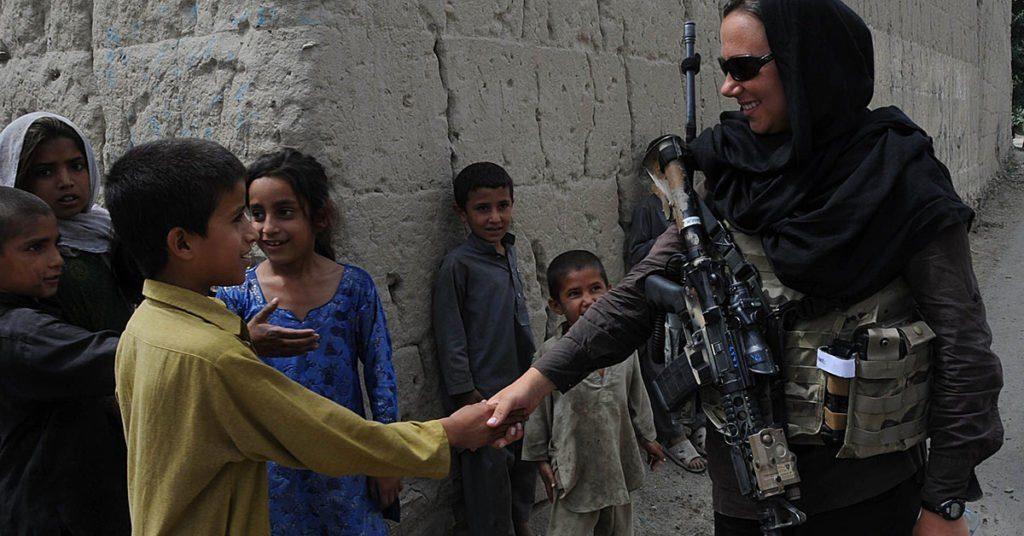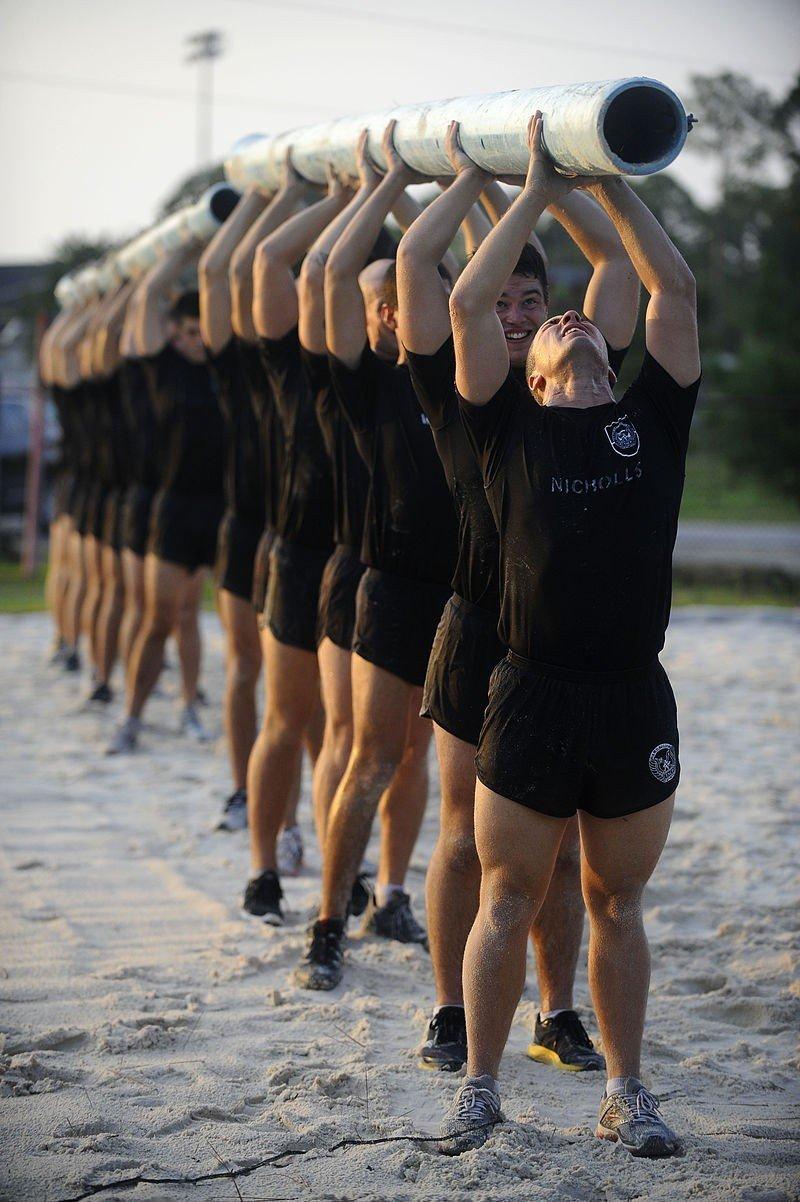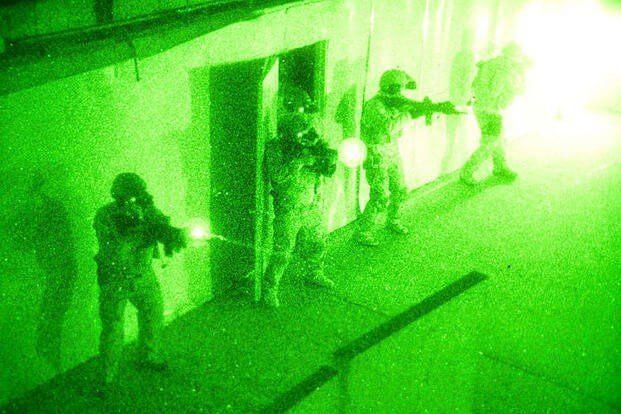The discussion about women in special operations forces units isn’t something new. In the 21st century, the U.S. Military still has some jobs where gender equality is not an option, but this could change. The operators tasked with the U.S. military’s most dangerous jobs care little about political correctness or gender equality and they have a message for their political leadership.
When they are fighting in the shadows or bleeding on the battlefield, women have no place on their teams, especially those in Tier 1 units.
Gender equality is not an option?

In a blunt and, at times, profanity-laced answers to a voluntary survey conducted by the Rand Corp., more than 7,600 of America’s special operations forces operators spoke with nearly one voice. Allowing women to serve in Navy SEAL, Delta Force or other Tier 1 units could hurt their effectiveness and lower the standards, and it may drive men away from the dangerous posts, reported by Military.com in 2015.
An overwhelming majority of those who agreed to respond to the RAND survey said they believe women don’t have the physical strength or mental toughness to do the grueling jobs. To be precise, More than 80 percent said women aren’t strong enough and can’t handle the demands of the job. And 64 percent said they aren’t mentally tough enough.
In 2016, the Pentagon opened all combat and Special Operations jobs to women but no one has ever qualified to serve in those units. But, things might change in 2020.
Are there Women in Special Operations Forces?
Yes, there are women serving in the Special Operations Forces (SOF) but not in the roles that you’re probably thinking of. The majority of females in SOF are Enablers and not Operators on teams like the SEALs, Green Berets or Raiders.
I think that women can absolutely play a critical role in SOF, but in roles that are more suited to their strengths. People downplay the power of Psychological Operations and Intelligence gathering, for example. In the one survey, one of the operators who wanted to stay anonymous said this:
Well if a female operator gets pregnant, what happens? If she’s the team leader then immediately she puts that team at a disadvantage, in terms of readiness and effectiveness. She can’t jump out of airplanes, she can’t be in an environment where artillery and ordnance are employed, she loses any qualifications that require a re-cert within a time frame. So post-pregnancy and post maternal leave, she has to take the time to re-certify in all those qualifications.
First Woman Set to Pass Special Forces Training and Join Green Berets
Five years later, things might change. There is a first woman on track to become 1st Female Army Green Beret ever. An enlisted soldier, she is expected to graduate from the highly selective Green Beret qualification course as a Special Forces engineer sergeant.
A soldier is on tap to finish the Army’s highly selective Special Forces Qualification Course and become the first-ever female Green Beret in the service’s history, The New York Times is reporting.

The unidentified National Guard soldier is close to completing the grueling qualification course to become a Special Forces engineer sergeant, according to the Times. Citing unnamed officials, the Times reported the woman is “almost guaranteed” to complete the yearlong course, making it likely that she will finish, barring any injuries.
A spokesman for Army Special Operations Command would not provide information on the soldier’s status or what week of training she has reached. He also declined to release information about the woman, such as rank or specialty, citing safety concerns. Women have previously made it past the roughly three-week-long Special Forces Assessment and Selection Course since military combat roles opened to women in 2016, but no female soldiers have ever passed the Qualification Course or Q Course.


I passed a Q course.
The standards are lowered for the female recruits and are not held to the same standards as the men recruits.